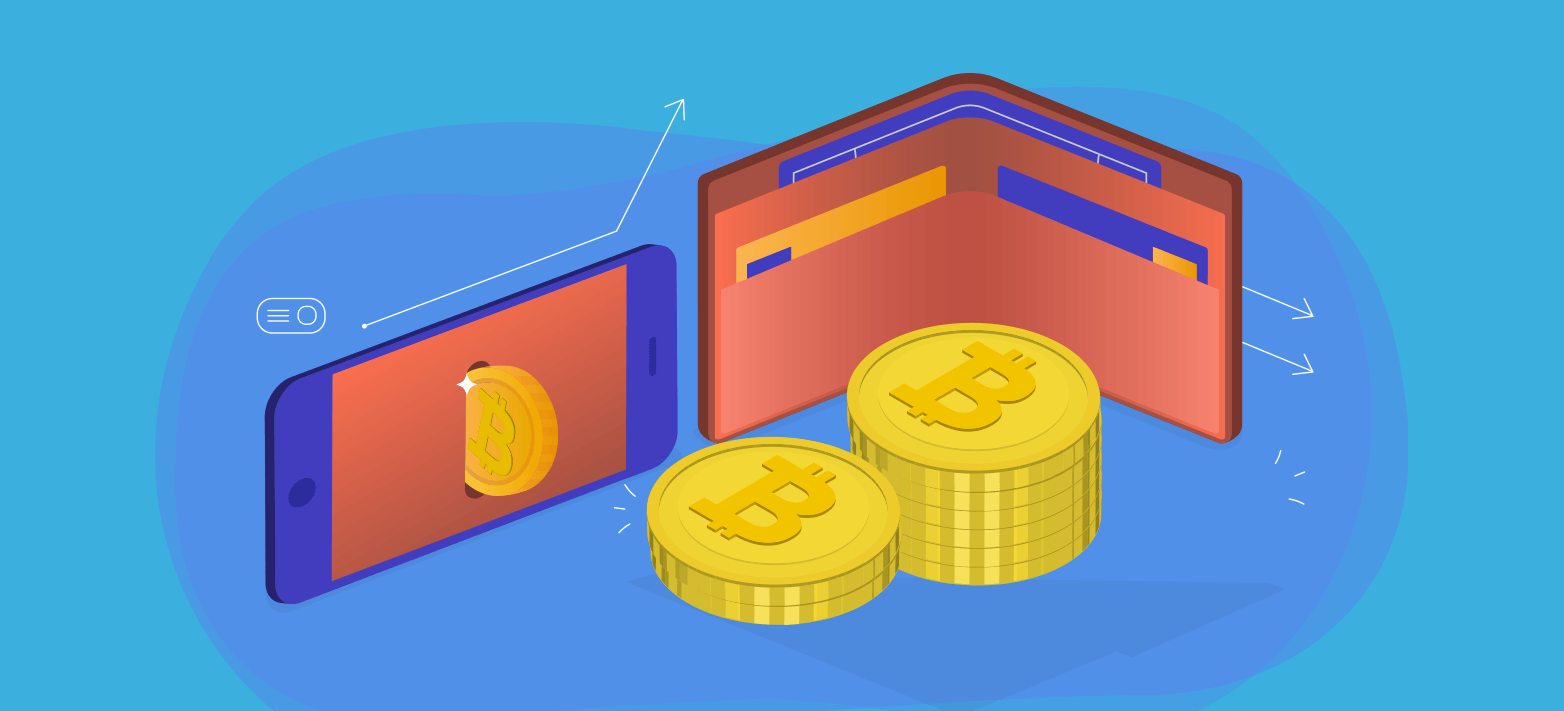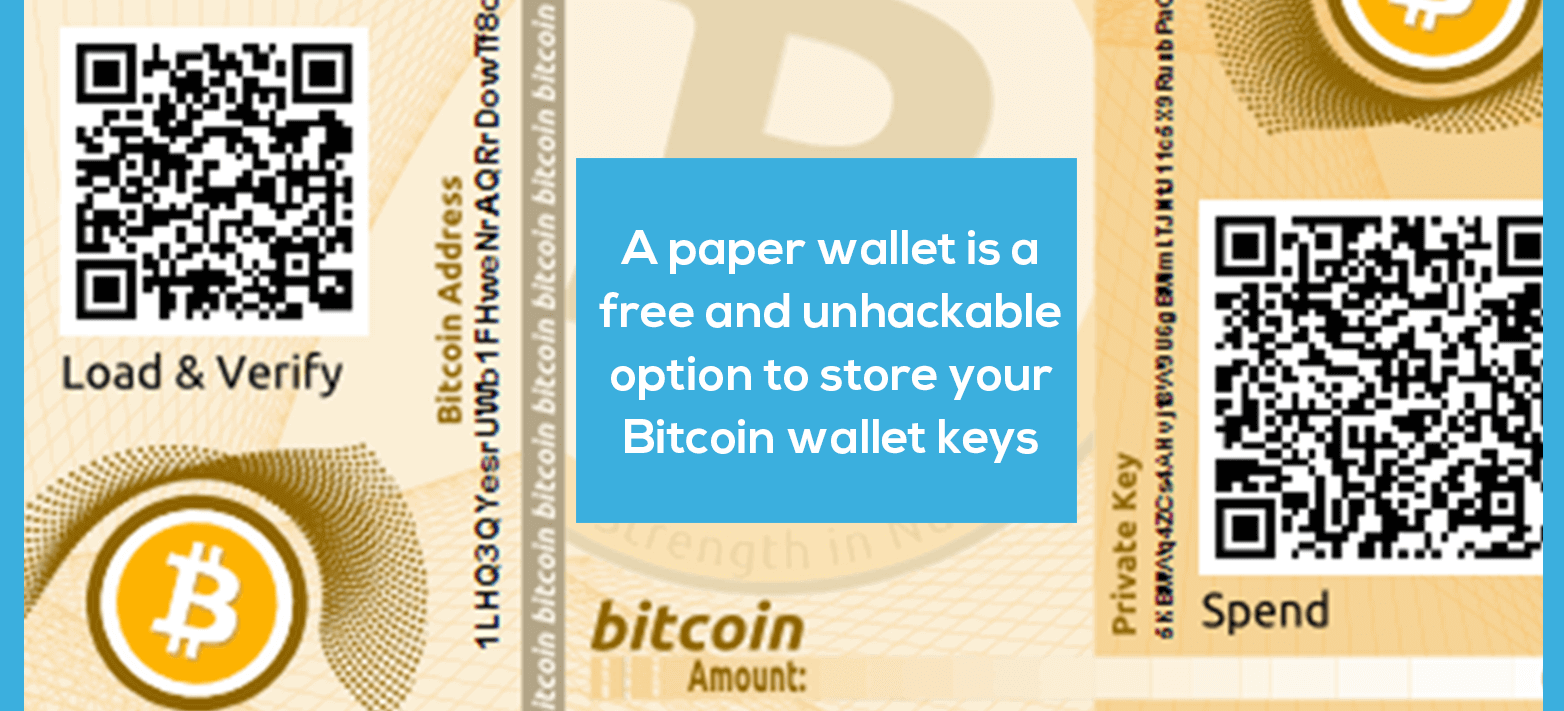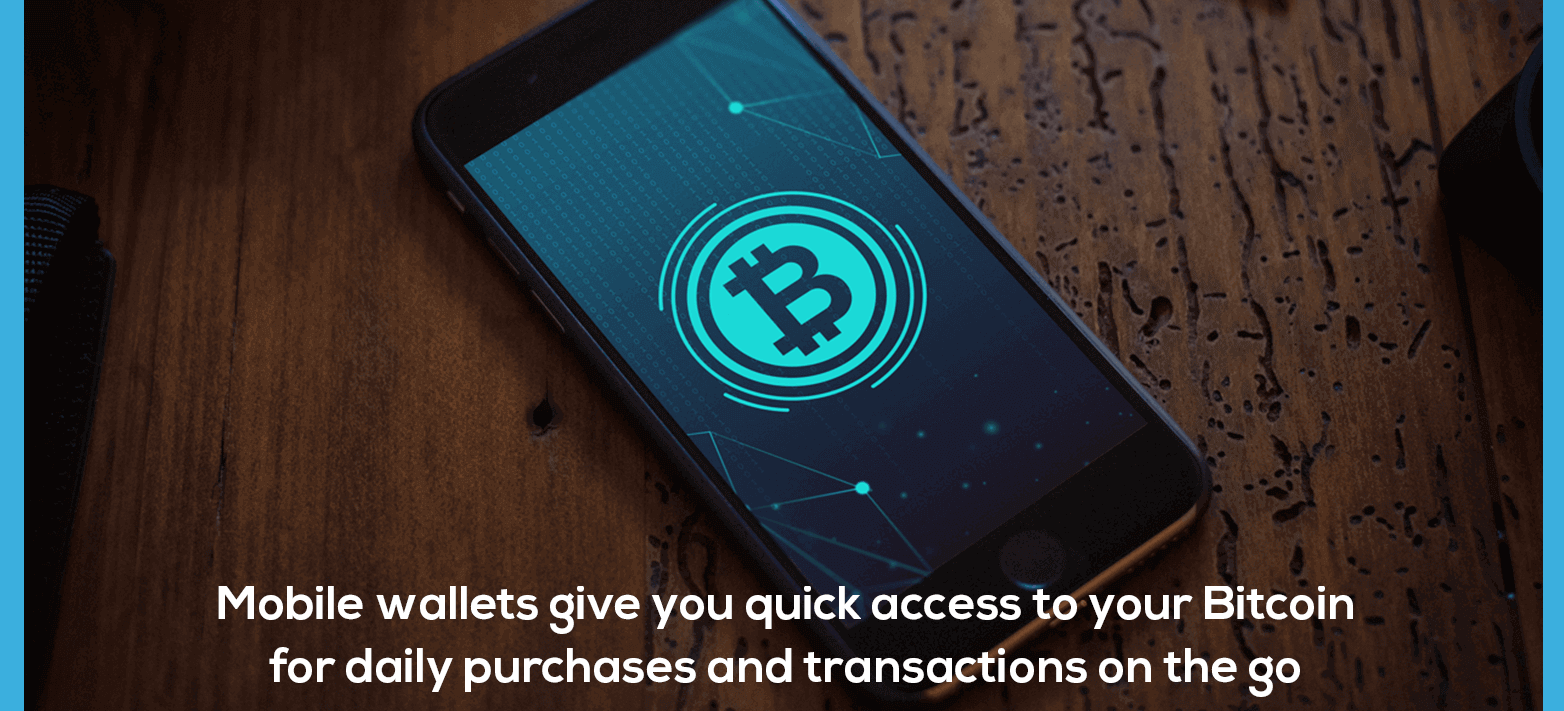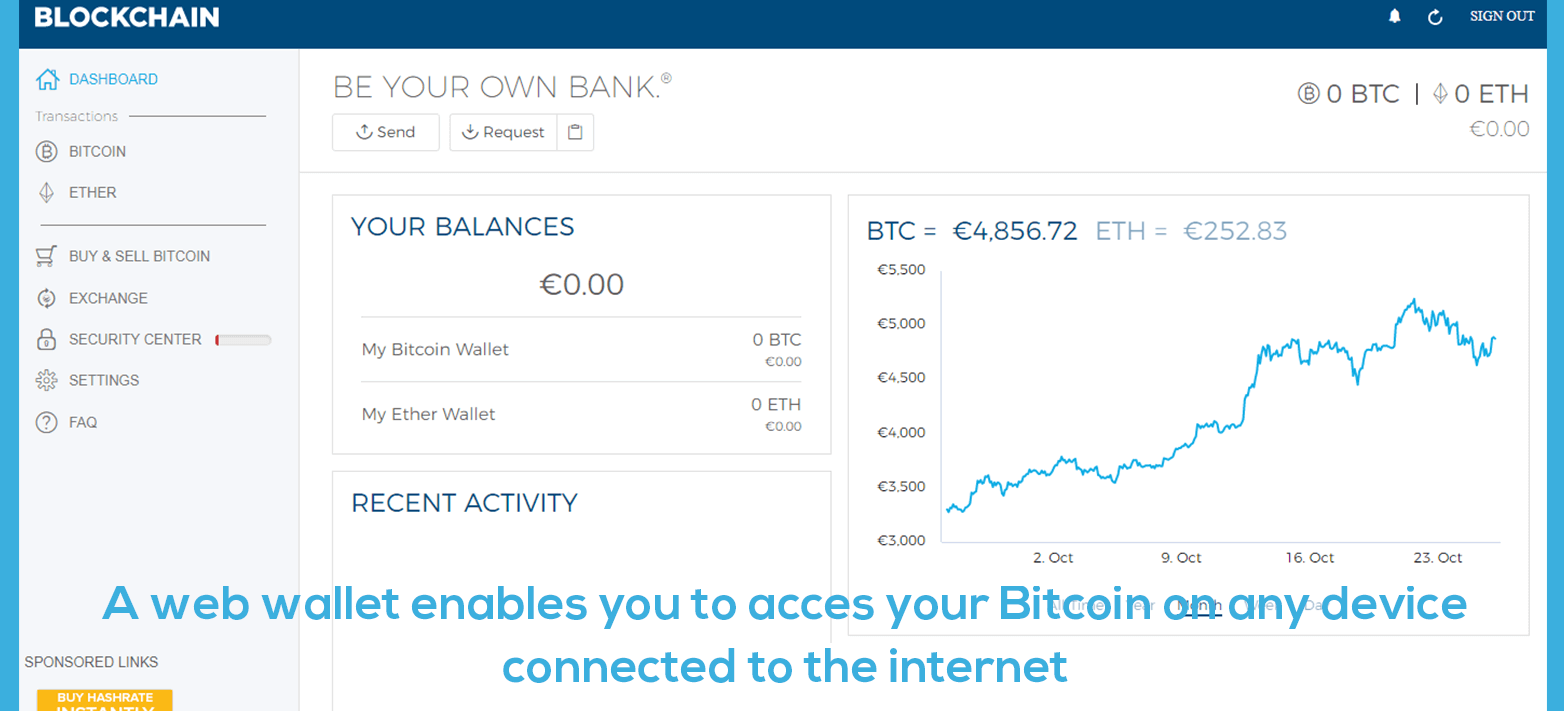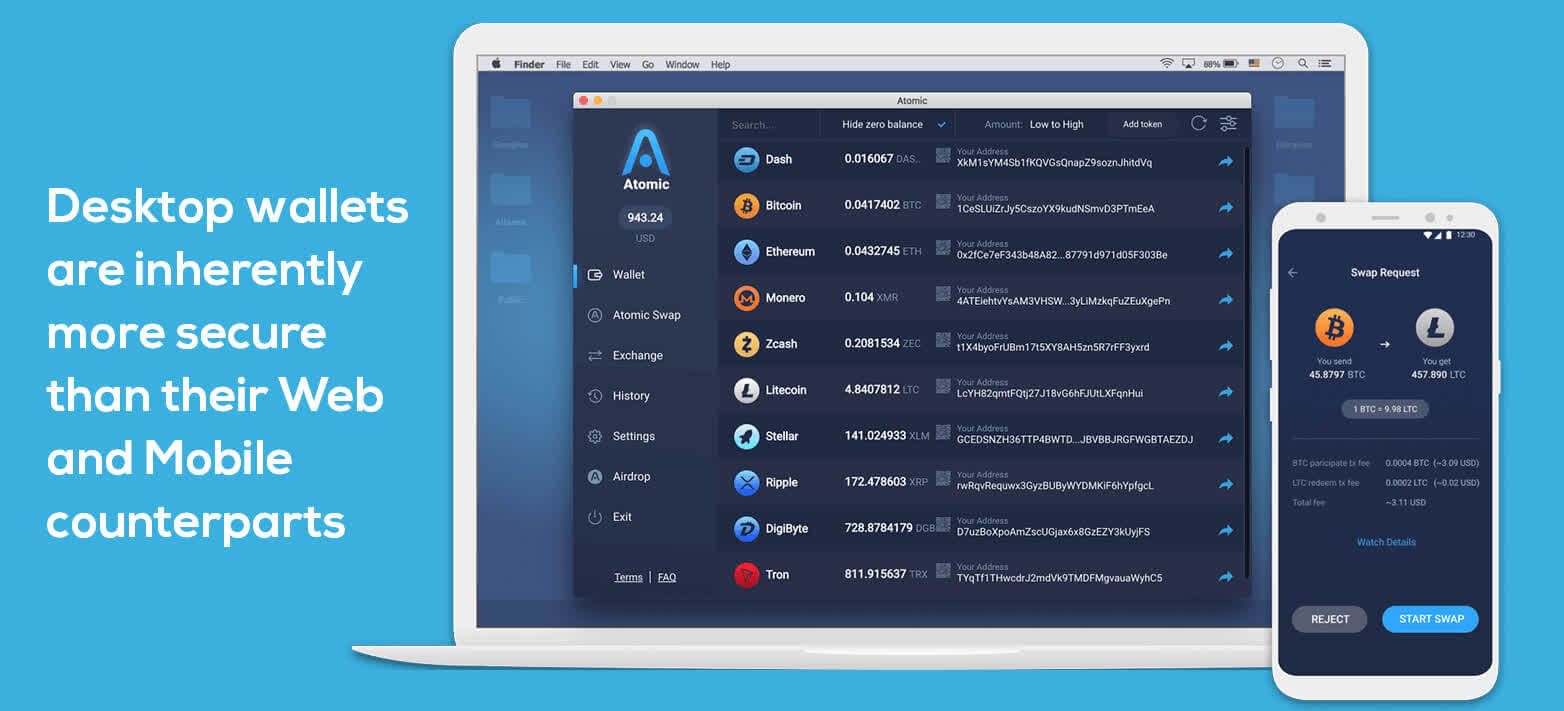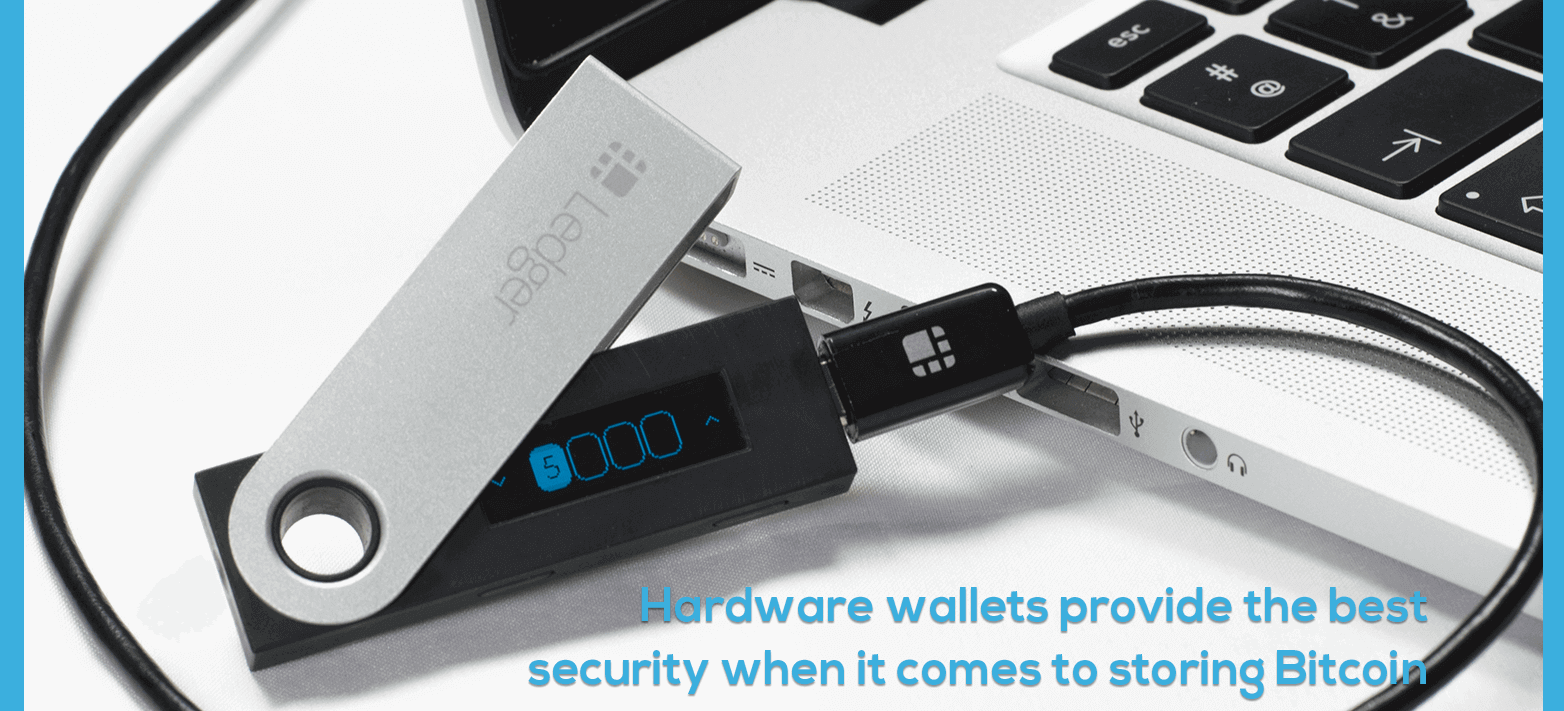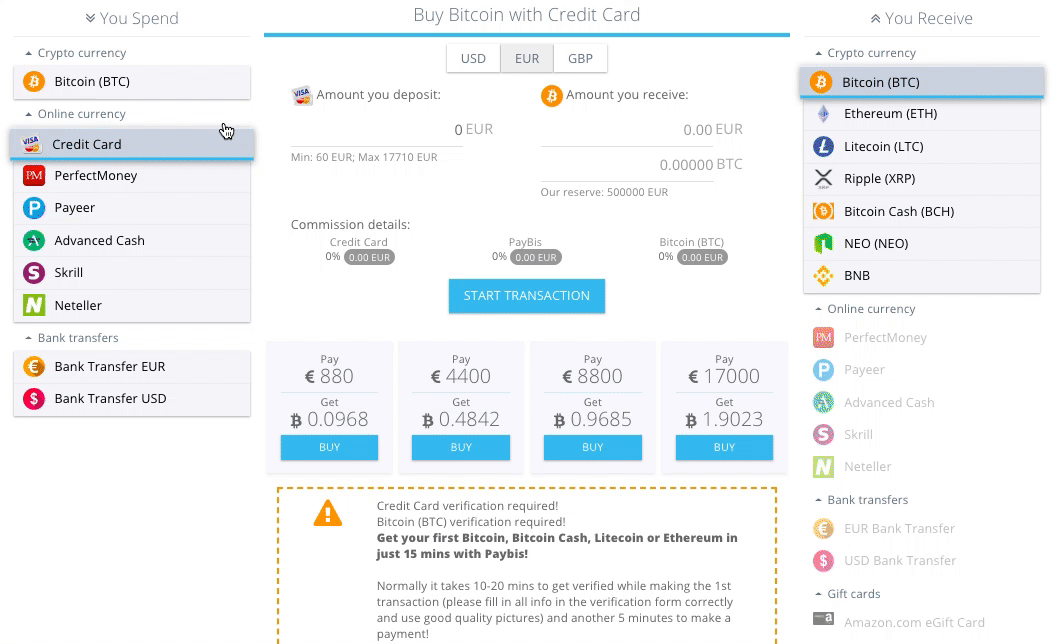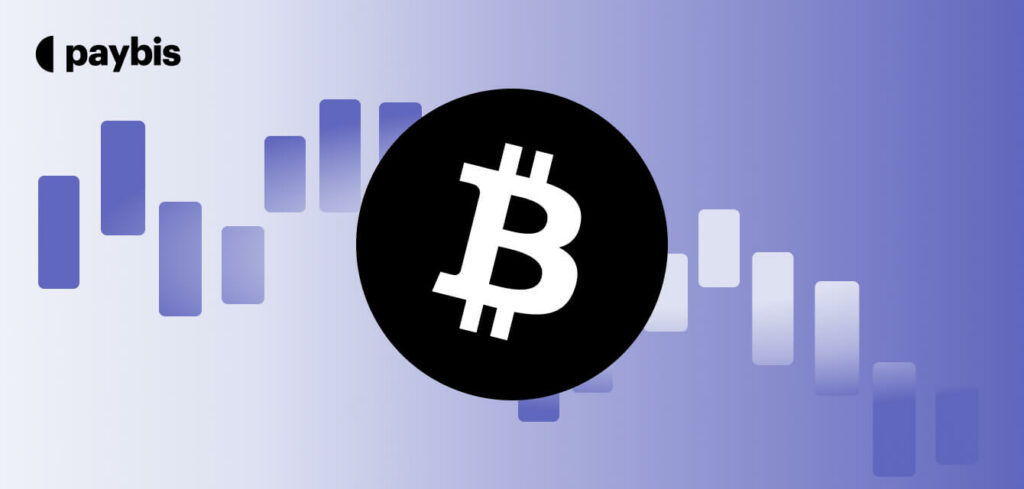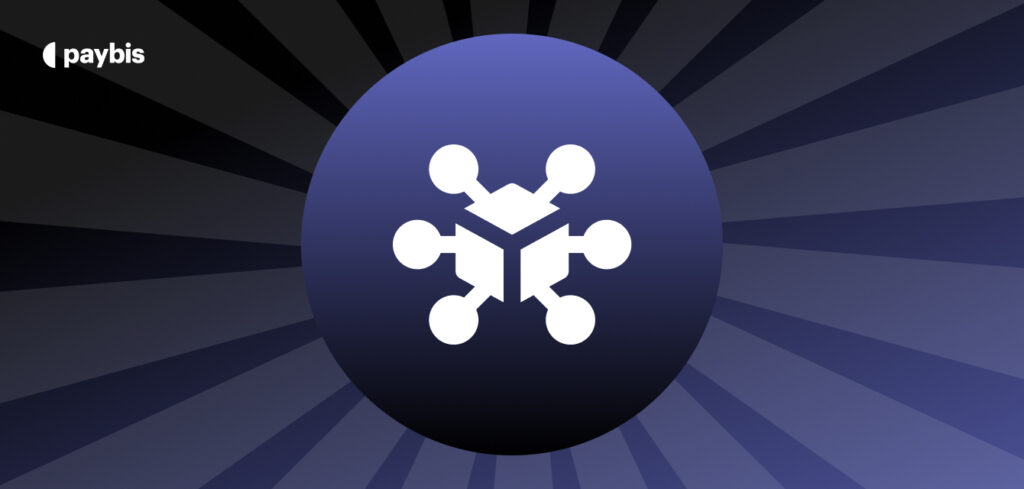Bitcoin Wallet Basics – Learn How to Add Money to Your Bitcoin Wallet
This article is intended to introduce you to the basics of handling a Bitcoin wallet. We will go through the generalities and best practices of owning a Bitcoin wallet as well as the pros and cons of the different types of wallets you will encounter in your crypto adventure. We will also quickly look at how to add money to the bitcoin wallet.
Opening and owning a Bitcoin wallet will be your first step in entering the cryptocurrency sphere. It will be your means to access your funds, make transfers and use your cryptocurrencies for purchasing goods as well as transfer to and from exchanges for trading.
So, let’s start with the basics.
Table of contents
Why do you need a Bitcoin Wallet?
Bitcoin is a digital currency and owning and storing it requires an entirely different approach than with traditional assets.
Bitcoins don’t exist in physical shape or form, so they can’t be stored in a safe or vault. They exist as lines of code on the Blockchain and are already secured by the network.
Instead, it’s your private keys that are used to access your public Bitcoin address and sign for transactions that need to be securely stored in a wallet.
Therefore, you will often be encountering the phrase: “not your keys, not your crypto”, and with good reason.
Only the holder of the private key will be able to confirm the transaction when trying to send or spend Bitcoins. So, unless your keys are safely stored in a hardware wallet, you will always be at risk of your funds being stolen.
Now, before we go on exploring the different types of wallets and how to use them, we need to understand the difference between private and public keys.
Understanding wallet basics – Private vs Public keys
Let’s take a fairly simple example in order to explain the difference between private and public keys.
Consider your mailbox where you receive your physical mail. It has a unique and specific number (public address or key). If someone wants to send you a package or a letter, they need to know this number in order for your mail to be delivered.
As the receiver of the package, you have a key (private address or key) that you can use to unlock the mailbox and collect what has been sent to you.
So, in this case, you would want to share your public address with people in order to receive mail. On the other hand, you wouldn’t give your private key to an unknown person as you want to be the only one who has access to your mailbox contents.
Just like with your mailbox number, anyone in the Bitcoin world can know your public Bitcoin address in order to send you Bitcoins. And to spend or send those Bitcoins, you would need your private address (or key) for which you need to take full responsibility, just like the keys of your mailbox.
What are Public and Private Keys?
A Public Key
A Public Key is a public address (a string of characters) that denotes your wallet’s address, used to receive funds to your wallet. This is the address that is publicly shared in order to receive Bitcoins or add money to your Bitcoin wallet.
In a nutshell, the public key can be compared to your bank’s account number.
A Private Key
A Private Key, on the other hand, is a secret alphanumerical 256-bit string that is picked randomly at the moment you create a wallet. It is used for sending or spending your Bitcoins. The private key can be compared to your bank account pin code, or even better, your electronic signature.
Private keys are more than just passwords to your Bitcoins.
Transactions on the Bitcoin network are irreversible. To guarantee this irreversibility, the private keys are used to generate the electronic signatures that confirm that you want to send or spend your Bitcoins.
These keys are crucial to the ownership of Bitcoins as they aren’t stored anywhere on the Bitcoin network, but are created and stored by your wallet. In order to make funds secure, one needs to be very careful on how and where they are storing their private keys and how they access them.
In many cases, people have been locked out of their funds by negligence and lost all their valuable digital currencies. Not-so-fun fact, it is believed that as many as 30% of all mined Bitcoins until now have been lost, mainly to people losing their private keys.
To avoid this, wallets propose to generate a seed phrase, which is a list of words that stores all the information needed to recover a Bitcoin wallet.
This brings us to our next point, the different types of wallets that are catering to different requirements and varying in terms of security, convenience, accessibility.
Choosing your Wallet Type
Paper Wallet
A paper wallet is a piece of paper where your private and public keys are printed together. It is a free option that is completely immune to hackers. Usually, the keys are printed on it in QR code form so they can be quickly scanned in the case of receiving or sending Bitcoin.
The main advantage of a paper wallet is that the keys aren’t stored digitally anywhere. They exist only on that piece of paper, making them completely immune from digital theft or hacking. You can generate your own paper wallet on Bitaddress, print it on a piece of paper and be ready for Bitcoin transactions in 5 minutes.
It is important to understand that when you are creating a paper wallet, you are printing valuable personal information on a piece of paper, which is far from a resilient or durable material. It is recommended that you take certain measures in securing your paper wallet, like laminating it to protect it from water or enclosing it in a fireproof container to protect it from fire. Some people prefer to lock it in a safe or entrust their lawyer with it.
Mobile Wallet
A mobile wallet is an application that can be downloaded on your smartphone. It’s an essential tool for anyone that often uses cryptocurrencies to pay for goods or trades them peer to peer on a daily basis. Some wallet apps even use the NFC feature of smartphones, allowing the user to not share any information at all, but just exchange it with others by the sheer proximity of their smartphones.
They are a very convenient solution for users wanting to have their cryptocurrencies on the go. But this convenience comes at a price: mobile wallets are often the target of hackers. Moreover, smartphones aren’t the most secure hardware by design and sometimes losing your mobile device can mean losing access to all of your Bitcoin.
A best practice for using a mobile wallet is to use it as a secondary wallet to your paper or hardware wallet, in case you need to move smaller amounts of Bitcoin often and on the move.
In case you opt to use a mobile wallet, here are some of the more popular:
– Coinomi
Web Wallet
Web Wallets are a service provided by 3rd parties. Companies provide this service by storing your keys on an online server controlled by the company. Different companies offer different features, like linking the web wallet to your mobile or desktop wallets.
The problem with these online servers is that if your private keys aren’t protected good enough, they are likely to be accessed by hackers or could be stolen by the company providing the wallet service itself.
Moreover, web wallets sometimes are part of crypto exchanges.
Therefore, it is absolutely essential you can trust the company who provides your online wallet.
Moreover, you need to make sure your wallet provider follows the strictest security procedures
Some of the more popular web wallets are:
Desktop Wallet
A desktop wallet is a software that is installed on a computer, storing the private key on the hard drive. Because it doesn’t rely on external companies for the security of your data, it is safer than mobile and web wallets.
Still, a desktop wallet remains in constant connection to the internet, making it vulnerable to phishing and hacking attacks on your personal computer.
As with the mobile wallets, there are a lot of different and popular options to choose from that cater to different needs like privacy, anonymity, etc.
The undisputed top 5 in no particular order of the most popular desktop wallets are:
– Electrum
– Armory
– Exodus
Hardware Wallet
Hardware wallets are electronic devices made to store your private keys offline away from the vulnerable online environment. We have extensively covered the best hardware wallets in the past so feel free to check out our article to make an informed decision on which one might be right for you.
Even though they come at a price, a serious Bitcoin enthusiast should consider a hardware wallet before anything else, as they are arguably the best way of storing your private keys. They are tamper-proof and in most cases come with a limited user interface that adds another layer of security.
In case your device gets destroyed you can still retrieve your keys and Bitcoins as long as you have a backup code. Also, they are considered the most secure of all of the wallet types as there have been no verifiable incidents where funds have been stolen from a hardware wallet.
So, here you go, those are the five main types of cryptocurrency wallets.
Although there is an option to store your coins on a wallet provided by an exchange, we didn’t include it as an option, as we believe it is not the optimal option to store one’s coins. Unless it’s for a short time and for trading only.
The big disadvantages of exchange wallets are their centralized structure. This provides easy access to hackers, who can easily identify newcomers that may be investing significant amounts of money into certain currencies.
As we saw, the different types of wallets have their pros and cons.
Objectively, hardware wallets are the ones that provide the best security and backup options, but not everyone has access to purchasing one or is willing to pay the price.
Now that you’ve taken your time to choose the type of wallet that suits you best, it is time to take the big step: buying your first Bitcoin. Fortunately, Paybis is here to help you complete your transactions in a fast, easy and secure manner.
How to add money to Bitcoin Wallet with Paybis
We covered how Paybis is a better alternative to buying Bitcoin than exchanges like Coinbase by making the process a lot more user-friendly, with full-on 24/7 customer support. So here we will look at how to add money to bitcoin wallet.
After setting up your Bitcoin wallet, you will want to have your public key at hand in case you wish to receive transactions.
Start by creating an account on Paybis and go through the basic KYC verification to make sure your account is eligible for Bitcoin transfers.
Next, on the exchange’s home page, choose how you want to pay for your Bitcoin from all the options in the left column. In the right column, choose what cryptocurrency you wish to receive.
The central part of the page shows the amount of fiat currency you want to invest to buy Bitcoin. You can either type in the amount of fiat that you will be paying or the amount of Bitcoin you wish to receive, and the page will automatically fill in the missing values.
When you are happy with your choice, click on start transaction and the system will ask you to specify your public Bitcoin address. Type it in/paste it and follow the payment instructions.
Check out this video for more details on how to add money to the bitcoin wallet.
Once the payment is complete and the transaction confirmed, the Bitcoin that you purchased will be available to you for sending or spending. A pretty simple task once the initial setup of private and public keys is done by installing your wallet.
With Paybis, unlike other exchanges, your bought Bitcoin is sent directly to your personal wallet. Instead of the exchange wallet, giving you full control of your funds.
You that you know how to add money to a bitcoin wallet, you can now send your Bitcoin to friends, purchase goods, or send it to exchanges for trading; you name it! You have entered the very interesting world of cryptocurrencies and we wish you the best of luck in it.
Alternative ways of adding Bitcoin to your wallet
Unfortunately, some countries aren’t as enthusiastic about Bitcoin as others. So you might have to take a more direct route in buying Bitcoin. You can, for example, opt to use a peer to peer service such as LocalBitcoins.
They offer a wide array of payment options. And let you purchase Bitcoin directly from a seller without the exchange middleman.
If you do opt to use these and plan to trade in person, make sure to meet in a safe place. Keep in mind that this alternative is way more dangerous and prone to fraud. So always be careful who you are dealing with. Also, you will usually be paying a large premium fee on the Bitcoin you are buying.
Quick Recap and Best use practices
Your Bitcoin wallet is the tool that enables you to receive, send and access your Bitcoins. Acquiring one will be your first step toward entering the cryptocurrency sphere.
Your public key is the public address that you will be sent to peers in order to receive Bitcoin.
Most important of all is your private key. It should always be kept secret, as it is your means to sign the transactions when you want to send/spend your bitcoin. Additionally, never send your private key in an email or store it online.
Its presence on a centralized platform like an email server or cloud sharing could put your wallet at risk.
Using two-factor authentication whenever you are visiting exchanges will drastically improve your crypto security. Cryptocurrency exchanges are the top targets for hackers. Avoiding phishing or password hacks will keep you safer in the long run.
Furthermore, always remember to have a backup of your keys somewhere safe in case something happens to you. You wouldn’t want to leave your family without any way to access the valuable cryptocurrencies you have accumulated. Tell your close ones, your lawyer or put it in your will, just in case.
Hopefully, you’ve found this article helpful in choosing your entry point into the cryptocurrency world. Your wallet will be crucial to your crypto holdings, so do your research before committing to a particular wallet type.
Disclaimer: Don’t invest unless you’re prepared to lose all the money you invest. This is a high‑risk investment and you should not expect to be protected if something goes wrong. Take 2 mins to learn more at: https://go.payb.is/FCA-Info
